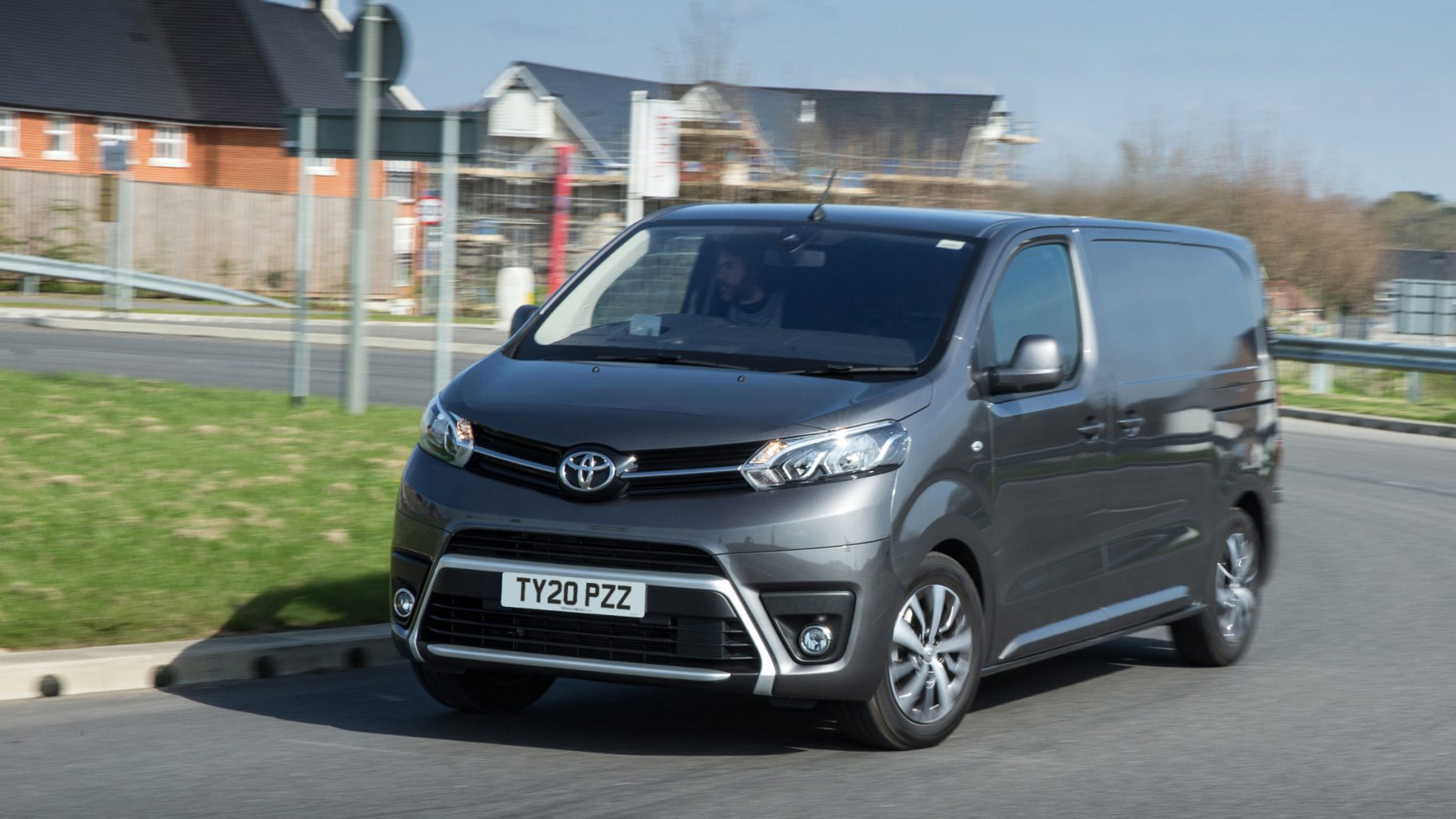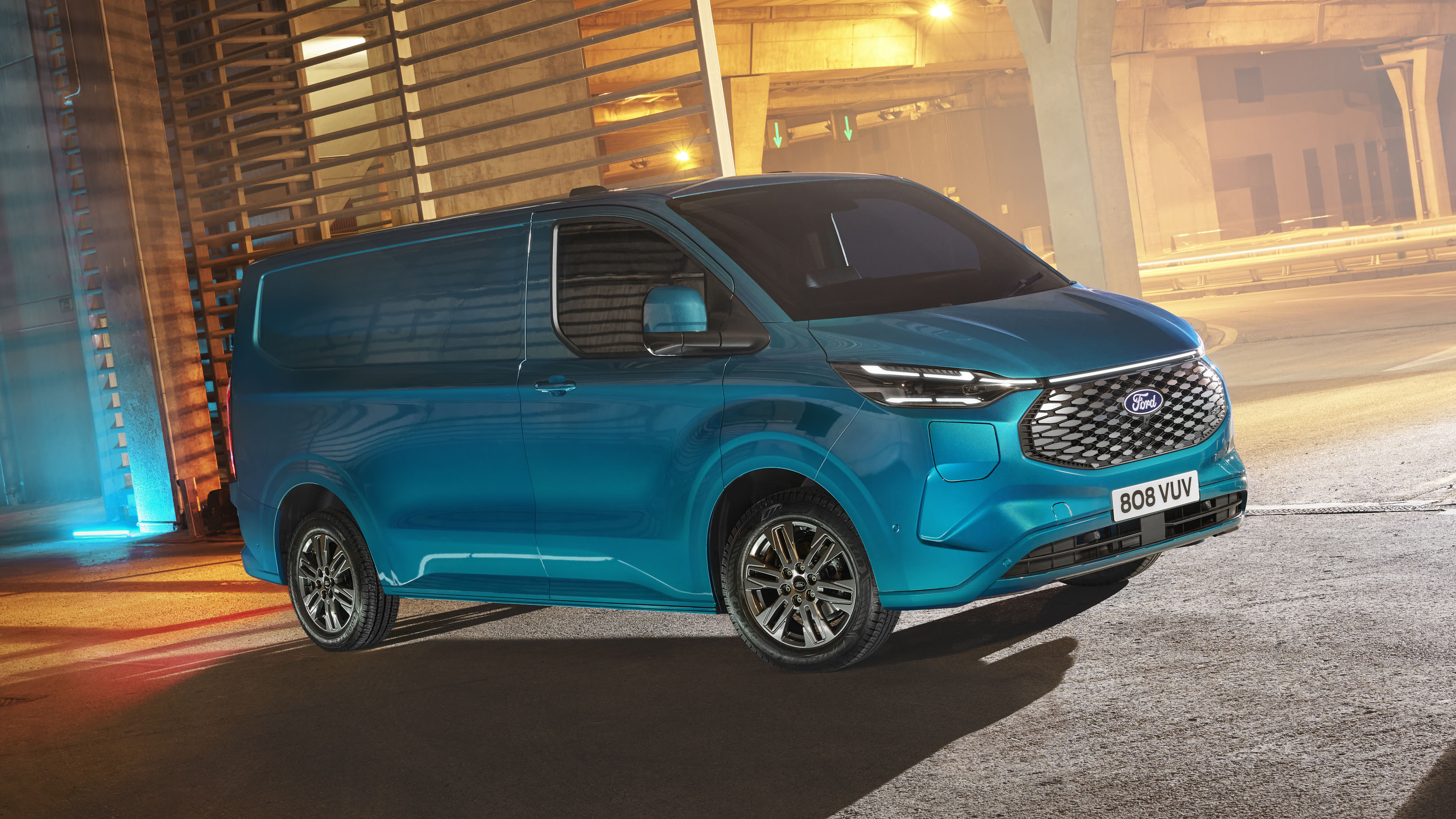Performance and Charging Dynamics of Electric Vans
Take a deep dive into the performance metrics and charging capabilities of electric minivans, understand why they are becoming the preferred choice.

The surge in the popularity and emergence of electric vans is a fascinating trend to witness, as the industry explores new territory in vehicle performance and charging dynamics. Electric vans, once a mere concept, are gradually becoming the preferred choice for many, thanks to their eco-friendly characteristics, improved fuel efficiency, and advanced technology. In this article, we delve into the technical aspects that make electric vans a compelling proposition for consumers and transportation businesses alike.
Uncovering the Allure of Electric Vans
This shift towards electric vans isn't just a mere whim; it's the result of technological advancements and growing environmental concerns combined. The desire to mitigate carbon emissions, coupled with the potential cost savings offered by electric vans, have made them an attractive choice for both businesses and individuals seeking functional and sustainable mobility solutions.
Table of Contents
- Performance Metrics of Electric Vans
- Charging Capabilities of Electric Vans
- Economic and Ecological Impact
- Electric Van Models To Watch
- The Future of Electric Vans
Performance Metrics of Electric Vans

When discussing the performance of electric vans, several factors spring to mind. Endurance, acceleration, cargo space, and pulling power offer a comprehensive picture of their capabilities. Let's delve deeper into these intriguing aspects.
Endurance
Endurance, or the ability to maintain stable performance over long periods, is crucial for any vehicle, especially one that is often in constant use like vans. This is measured by the battery's range: the distance a van can travel on a single charge. Advancements in battery technology mean electric vans can now cover impressive distances without needing a recharge, rivaling and in some cases, exceeding their gas-powered counterparts.
Acceleration and Pulling Power
The acceleration may not seem like an important factor given that vans are not typically associated with speed. However, the instant torque provided by electric motors ensures a smooth and brisk acceleration which can be a boon in busy urban traffic. The pulling power or torque is also an area where electric vans shine. They deliver a high amount of torque right from the get-go, making them perfect for heavy pulling and carrying substantial loads.
Cargo Space
The innovative design and smart placement of batteries in electric vans provide ample cargo space, often surpassing that of traditional vans. The absence of a conventional engine frees up vital space, thus facilitating a generous loading capacity – a critical factor for commercial purposes.
Charging Capabilities of Electric Vans
The charging capabilities of a electric van significantly influence its practicality. The ability to rapidly absorb power and deliver a substantial range can make or break the utility of an electric van. Let's dissect the primary elements.
Charging Speed
The charging speed is absolutely essential to the operation of the electric van, particularly for businesses running to a tight schedule. Thanks to technological enhancements, the latest electric vans models come equipped with fast charging capabilities. On a suitable rapid charger, these vans can replenish their batteries to a significant percentage within mere minutes, dramatically reducing downtime.
Home Charging Options
Having the ability to charge the van at home can be of great utility. A basic home charger can charge the van overnight, ensuring it’s ready to hit the road each morning. This eliminates the need to rely solely on public charging stations, thus giving users greater flexibility and certainty.
Battery Range
There is no denying the importance of the battery range, which determines how far the van can travel between charges. Present-day electric vans boast impressive ranges that can compete with traditional petrol or diesel vans, thereby addressing the infamous 'range anxiety.' Such an extended range bolsters confidence in electric vans as a viable alternative.
Economic and Ecological Impact
There are significant economic and ecological effects linked to the adoption of electric vans. Let's investigate some of these impacts.
- Economic benefits: Electric vans offer substantial cost savings in fuel and maintenance. Since electric vans have fewer moving parts, wear, and tear are limited, leading to less routine maintenance and lower costs in the long term.
- Environmental impact: Electric vans emit zero tailpipe emissions. By using electric vans, businesses can significantly reduce their carbon footprints and contribute towards a cleaner and greener environment.
- Energy Efficiency: Electric motors are exceptionally efficient, converting a higher percentage of the electrical energy from the grid to power at the wheels.
Electric Van Models To Watch
The electric van market is booming and key manufacturers have been profuse in their offerings. Let's take a quick peek at some models that have been turning heads.
Nissan e-NV200

The Nissan e-NV200 stands as a strong contender in the electric van market. Its green credentials, combined with a generous range and fast charging capabilities make it a very appealing choice. The van is perfect for urban-centric small businesses with its compact size and swift acceleration.
Mercedes-Benz eSprinter

When it comes to delivering a blend of utility, luxury, and sustainability, few can rival the Mercedes-Benz eSprinter. This all-electric van boasts an impressive load space and sturdy build quality, making it ideal for heavier loads and longer trips.
Ford E-Transit

The Ford E-Transit brings the reliability and functionality of its iconic Transit van into the electric era. It not only offers an excellent range but also comes with Ford's extensive support network, ensuring peace of mind for its operators.
The Future of Electric Vans

As we peer into the crystal ball, there’s no doubt that electric vans will continue to dominate the commercial vehicle market. Here are a few reasons that reinforce this belief.
- Incentives: Governments worldwide are employing incentives to encourage the adoption of electric vehicles. With benefits such as tax breaks and grants, adopting an electric van will become an even more economically advantageous decision.
- Infrastructure: Rapid developments in charging infrastructure are making the use of electric vans more practical. Increased availability of high-speed charging stations will reduce downtime and improve operational efficiency.
- Eco-consciousness: With rising environmental awareness, businesses are keen to demonstrate their commitment to sustainability. Making the switch to electric vans is a compelling way to make that statement.
- Technology advancements: Constant improvements in battery technology will lead to longer ranges, faster charging times, and better performance overall. Electric vans will benefit significantly from these innovations.
In conclusion, electric vans are defying past stigmas and emerging as a viable and desirable alternative to traditional gasoline or diesel vans. Their impressive performance metrics and efficient charging capabilities combined with their positive economic and ecological impacts make them an inviting proposition. As technology continues to progress, it is safe to say that the future of the commercial vehicle sector will be dominated by electric vans.
What's Your Reaction?

































































